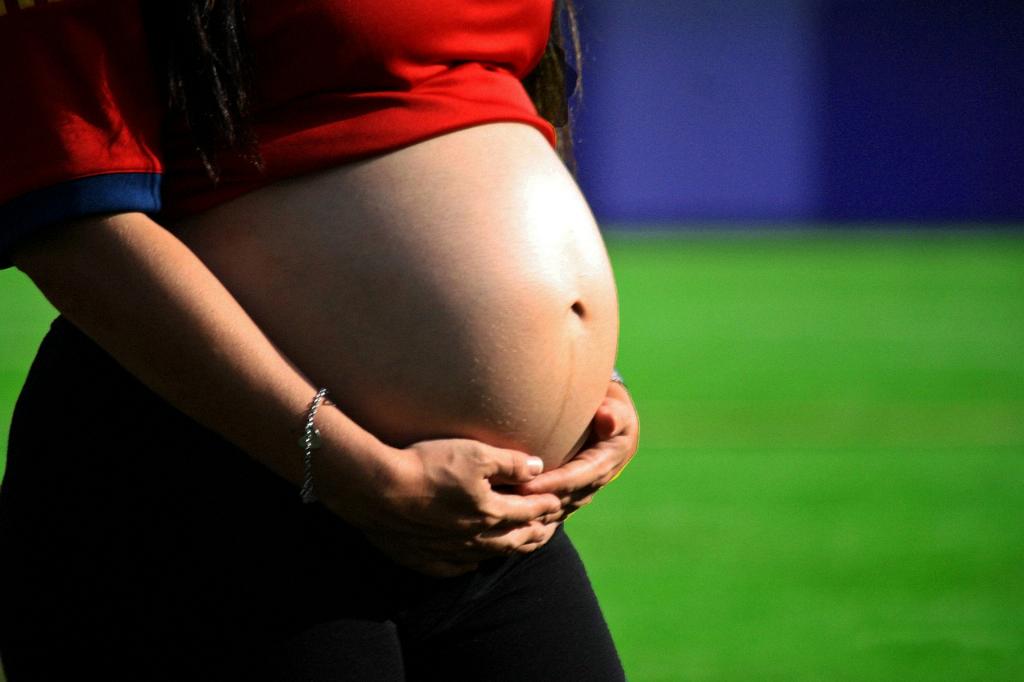One of the questions that many individuals ponder when they suspect they may be pregnant is whether diarrhea is a common sign of early pregnancy. It is important to recognize that while diarrhea itself is not typically considered a hallmark symptom of pregnancy, it is conceivable that individuals may experience GI disturbances like diarrhea or other digestive issues during the initial stages of pregnancy.
Early pregnancy is a time of significant hormonal fluctuation and bodily adjustments as the body prepares for the growth and development of a new life. These hormonal shifts can influence various bodily functions, including the gastrointestinal system, potentially resulting in changes in bowel habits that may manifest as diarrhea.
While nausea and vomiting are more commonly associated with early pregnancy, some individuals may also experience changes in their bowel movements. It is essential to note that every pregnancy is unique, and symptoms can vary widely among individuals. Therefore, while diarrhea may occur in some pregnant individuals, it is not universally experienced as a predominant indicator of early pregnancy.
Factors such as stress, dietary modifications, hormonal changes, and prenatal vitamins can contribute to alterations in bowel habits during pregnancy. Furthermore, the increased progesterone levels during pregnancy can relax the intestinal muscles, potentially leading to changes in stool consistency or frequency.
It is crucial for individuals who are pregnant or suspect they may be pregnant to maintain open communication with their healthcare provider regarding any GI symptoms they may be experiencing. Diarrhea, while not typically alarming on its own, can lead to dehydration if not managed appropriately. Therefore, seeking guidance from a healthcare professional can help ensure the well-being of both the mother and the developing fetus.
If you are experiencing persistent diarrhea or severe symptoms in conjunction with other signs of pregnancy, such as missed periods, breast tenderness, or fatigue, it is advisable to consult a healthcare provider for further evaluation. In some cases, diarrhea may indicate an underlying gastrointestinal issue or infection that requires medical attention.
Additionally, staying hydrated, consuming a balanced diet, and avoiding potential triggers for diarrhea, such as spicy or greasy foods, can help alleviate gastrointestinal discomfort during pregnancy. Small, frequent meals rich in fiber and hydration can support digestive health and minimize the risk of dehydration associated with diarrhea.
Understanding the potential causes of diarrhea during early pregnancy can empower individuals to make informed decisions about their health and well-being. By recognizing that gastrointestinal disturbances can be a normal part of the pregnancy journey, individuals can take proactive steps to manage their symptoms and seek appropriate medical guidance when necessary.
In conclusion, while diarrhea is not a definitive sign of early pregnancy, it can occur as a result of hormonal changes and other physiological factors during the initial stages of gestation. Monitoring symptoms, maintaining open communication with healthcare providers, and prioritizing self-care can help individuals navigate the challenges of GI symptoms in pregnancy and promote maternal and fetal health.

